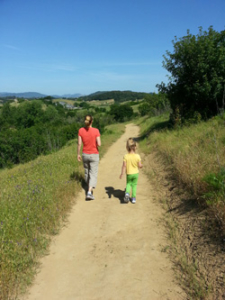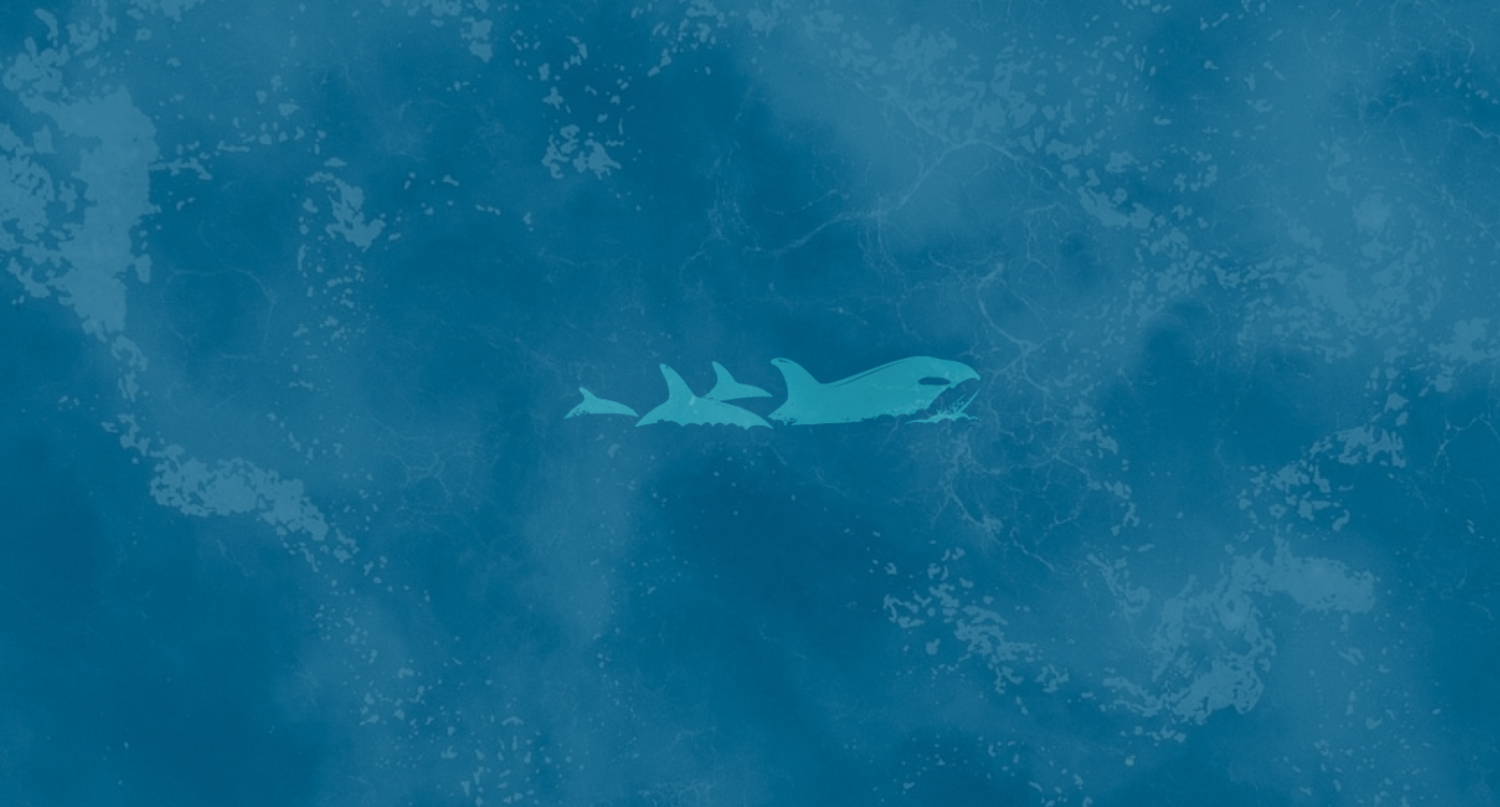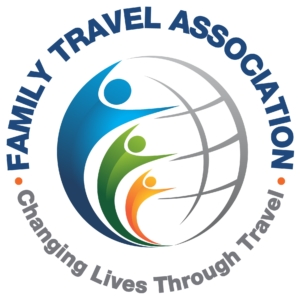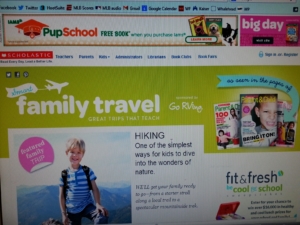
Who needs school when you have this?
Nothing embodies my perspective on education quite like the line from Springsteen’s “No Surrender” (off Born in the U.S.A., of course): “We learned more from a three-minute record, baby, then we ever learned in school.”
I certainly held this philosophy in journalism school; even then, I knew my parents were paying to hook me up with an alumni network, and that the real education would come on internships along the way.
Now, as a parent, my wife and I embrace the same sentiment with regard to family travel.
Yes, we regret pulling our kids out of their respective schools (click here for some tips). Yes, we recognize that, in terms of our nation’s standards-based curriculum, these absences create additional challenges (both for our girls and for the teachers). We even acknowledge that there are some social ramifications of our girls being “those girls” who jet off to Yosemite or New York or the Cotswolds.
Despite all of these issues, we still think exploring through travel is the best way to teach our kids about their world.
I’ve been pondering this subject a lot lately.
My wife and I are moving the girls to London for four months this fall, and, this week, we signed a lease on a fabulous two-story flat (it’s in Maida Vale, for those of you scoring at home).
Then, earlier this week, my buddy, Rainer Jenss, wrote this thought-provoking story for AFAR magazine about his experiences on a one-year round-the-world journey with his wife and sons (who were 8 and 11, respectively, at the time).
In the story, Rainer explains his rationale for pulling his kids out of school for the trip like this: “One of the primary reasons we chose to take a yearlong sabbatical with our kids was to enhance their education; to help them learn things no [school] could ever teach them.” Then, he offers this:
“We all want our children to excel academically. One surefire way to improve their chances for success is to get them more engaged and interested in what they’re being taught. Science: Check out the glaciers at Yellowstone, hike a volcano in Hawaii, or snorkel in the Caribbean or the Great Barrier Reef. History: Visit Colonial Williamsburg, vacation in Rome, or tour Egypt. Social Studies: How about China, India, or, of course, Washington, D.C.”
To be clear: Turning family vacations into learning experiences takes hard work.
You can’t just sloth by the pool all day; you need to be engaged with your kids for pretty much all of their waking hours. You also often need to be engaged well after they’ve gone to bed. The day before I introduced L to Muir Woods National Monument near our home, I was up until 2 a.m. studying stuff to tell her about redwoods. I’m sure I wasn’t the first dad to play that game.
All of this effort usually pays huge dividends. My older daughter still talks about the Sequoia sempervirens she saw that day at Muir Woods. Rainer writes about how one of his sons fell in love with photography after being exposed to it on their year-long trip.
Heck, I think even The Boss would agree (that first record led to a few others).
So get out there. And embrace that learning can happen in any place, at any time, about any subject. Recognizing these truths arguably is the most important education your kids ever will get. It’s also not a lesson they’ll ever learn in the traditional classroom environment.





